Tropical Atlantic marine macroalgae with bioactivity against virulent and antibiotic resistant Vibrio
DOI: https://doi.org/10.3856/vol41-issue1-fulltext-17
Abstract
The antibacterial activity of ethanol, methanol, hexane and acetone-based extracts of the macroalgae Padina gymnospora (PG), Hypnea musciformes (HM), Ulva fasciata (UF) and Caulerpa prolifera (CP) was investigated. The disk diffusion method was used to evaluate the algae antimicrobial effect against standard strains of Vibrio parahaemolyticus, Escherichia coli, Staphylococcus aureus, Pseudomonas aeruginosa and Salmonella enterica and five virulent antibiotic-resistant strains of V. brasiliensis, V. xuii and V. navarrensis (isolated from the hemolymph of Litopenaeus vannamei). Ethanol extracts of PG and HM inhibited all Vibrio strains. E. coli and P. aeruginosa were only susceptible to ethanol extracts of PG. Among the methanol extracts, only UF was bioactive, inhibiting V. navarrensis. The observed inhibitory effect of ethanol extracts of PG, HM and UF against virulent antibiotic-resistant bacteria suggests these macroalgal species constitute a potential source of bioactive compounds.


